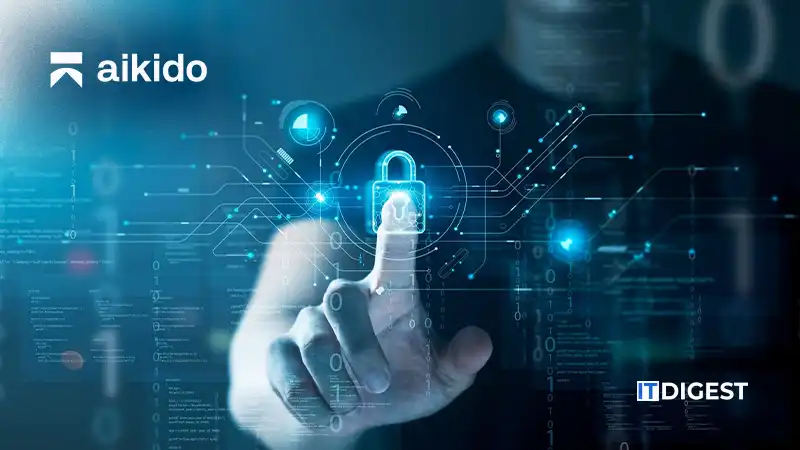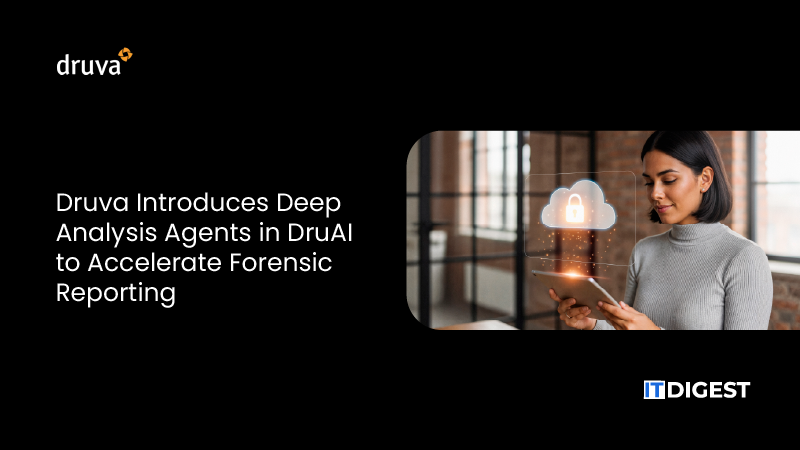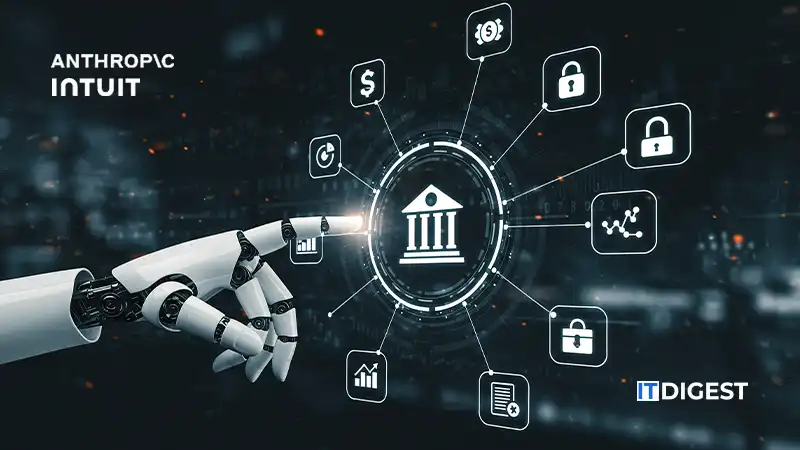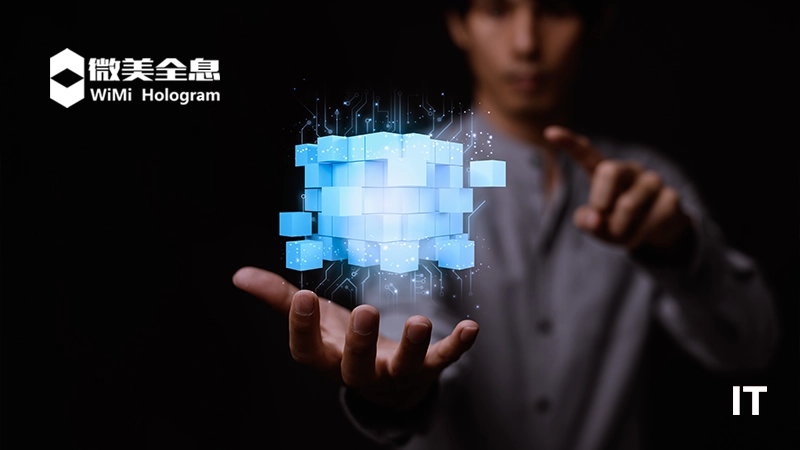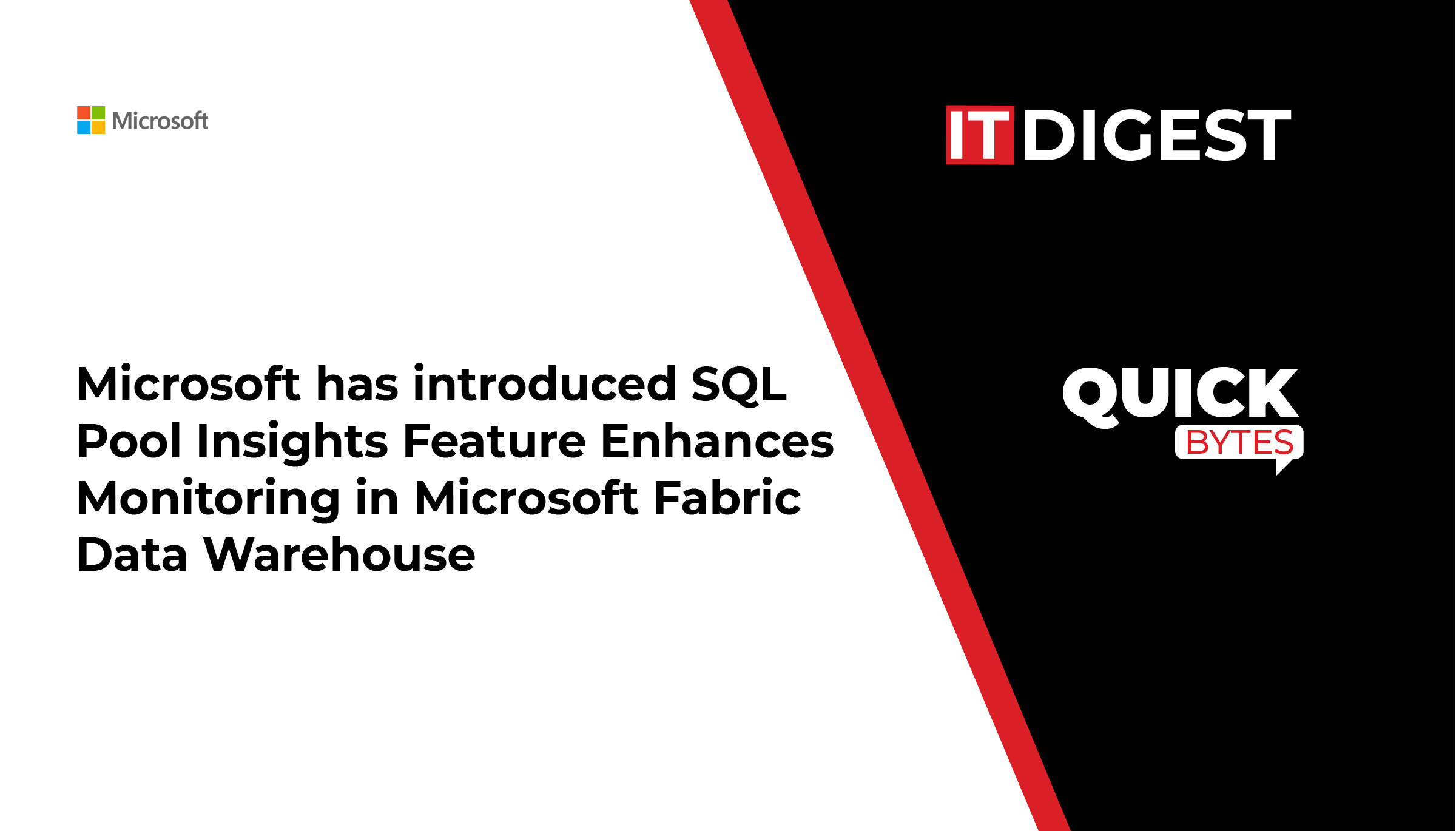WiMi Hologram Cloud Inc, a leading global Hologram Augmented Reality (“AR”) Technology provider, announced an Innovative Cloud Service Trust Interaction Framework and Mechanism based on Blockchain Technology. This framework not only enhances the credibility of services but also optimizes the interaction between cloud service providers and users.
Service Level Agreements (SLA) play a crucial role in ensuring the quality of cloud services. However, traditional SLA models have inherent uncertainties in practical applications, making it challenging to guarantee absolute trustworthiness. To address this issue, WiMi proposed a revolutionary model that introduces the role of “witnesses” and utilizes the decentralized nature of blockchain technology to supervise and constrain cloud services through smart contracts.
In the traditional SLA model, agreements between customers and cloud service providers primarily rely on mutual trust and contractual obligations. However, due to the lack of effective monitoring mechanisms, service violations are not uncommon. Existing solutions often depend on third-party institutions, which themselves may have issues of fairness and efficiency. To tackle this, the proposed solution leverages smart contracts and game theory’s Nash equilibrium theory to enhance the credibility of cloud services. It aims to reduce service violations and resource wastage through automated means.
In the innovative cloud service trust interaction framework developed by WiMi, based on blockchain technology, witnesses are regular nodes within the blockchain network who earn profits by supervising cloud transactions. The primary responsibilities of witnesses include monitoring the implementation of services, ensuring transactions adhere to predetermined SLA terms, and providing evidence support in case of disputes. The introduction of witnesses not only enhances the transparency and credibility of services but also reduces reliance on third-party institutions. Within this framework, two types of smart contracts are designed: witness pool contracts and SLA contracts. The witness pool contracts manage the selection and reward distribution of witnesses, while the SLA contracts contain specific service terms and breach handling mechanisms.
Witness Pool Contracts: Witness pool contracts are used to manage the registration and selection process of witnesses. Before a transaction begins, customers and providers collectively determine the required number of witnesses and randomly select appropriate witnesses through the witness pool contract. This random selection mechanism ensures the fairness and unpredictability of witnesses, preventing collusion and fraudulent behavior.
SLA Contracts: SLA contracts specify the detailed terms of the service, including service duration, fees, rewards, and breach handling methods. During the execution of a transaction, the SLA contract automatically monitors the implementation of services and decides whether to enforce corresponding penalties or rewards based on feedback from witnesses.
Also Read: WSPN & Ample FinTech Partner for Web3 Payment Solutions
The selection of witnesses is a critical component of this framework. To ensure fairness and effectiveness, a mechanism combining random selection and reputation scoring is employed. In the witness pool contract, each witness has a dynamic reputation score, and witnesses with higher scores have a greater probability of being selected. This mechanism not only encourages witnesses to provide fair and reliable services but also improves the overall quality of witnessing through competition.
In the model developed by WiMi, the Nash equilibrium theory is used to optimize the interaction between cloud service providers and users. Through analysis of each party’s interests and strategy design, a set of balancing mechanisms is established to ensure the stability and efficiency of the entire system while maximizing individual interests.
In practical applications, the automation of Nash equilibrium is achieved through smart contracts. First, strategy analysis uses smart contracts to calculate possible equilibrium points based on each party’s initial strategies and preferences. Second, strategy execution adjusts the strategies of each party during the transaction process, as the smart contract moves towards the calculated Nash equilibrium point. Finally, in result validation, after the completion of the transaction, the smart contract compares the actual results with the predetermined Nash equilibrium point and adjusts the reputation scores of witnesses. This process ensures fairness and transparency in transactions while reducing human intervention and errors through automated mechanisms.
In the current wave of digital transformation, WiMi redefines the trust and supervision mechanisms of cloud services by introducing a blockchain-based trust interaction framework. Traditional SLA models often suffer from trust crises due to the lack of effective supervision and transparency. However, this solution significantly enhances transparency and fairness of services by introducing the role of witnesses and smart contracts, while also significantly reducing the likelihood of service violations. This innovative mechanism will bring higher credibility and customer satisfaction to the cloud service industry.
WiMi leverages the decentralized and tamper-resistant features of blockchain technology, combined with the game theory’s Nash equilibrium theory, to effectively constrain and incentivize the behavior of cloud service providers and customers. The random selection and dynamic reputation scoring mechanism of witnesses ensure fairness and effectiveness in the supervision process, while the automation of smart contract execution greatly improves the efficiency and accuracy of services. This innovation not only enhances the quality and reliability of cloud services but also provides new ideas and practical experience for future smart contract and blockchain applications.
Source: PRNewswire






